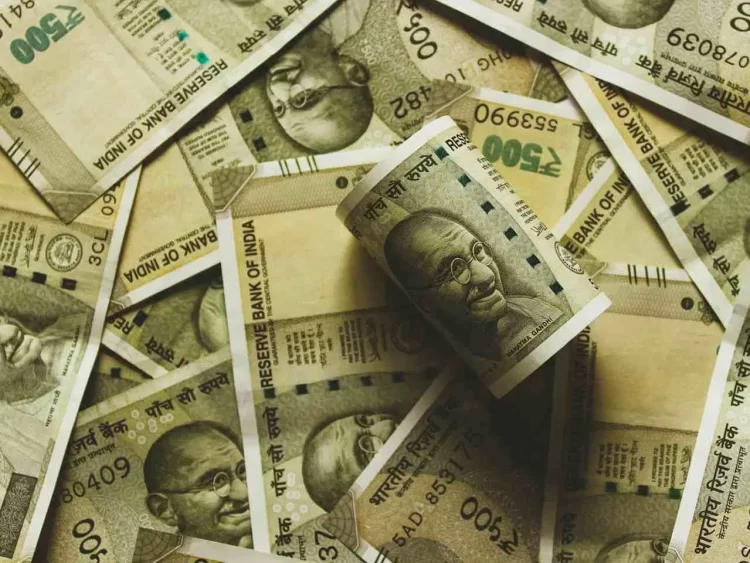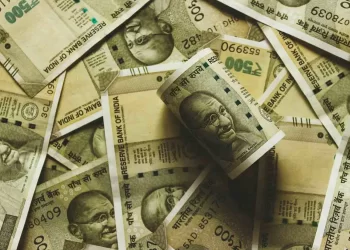The Indian rupee ended lower on Wednesday, pressured by likely equity outflows and as the U.S. dollar index rose to a more than one-month high on the back of moderation in U.S. rate cut expectations. The rupee closed at 83.1375 against the dollar, down 0.08% from the previous session’s closing of 83.07.
The dollar index rose to a peak of 103.58 in Asia hours, its highest level since mid-December. Most Asian currencies fell, with the Korean won leading losses, down by 0.91%.Federal Reserve Governor Christopher Waller on Tuesday said that while the U.S. is “within striking distance” of the Fed’s 2% inflation goal, the central bank should not rush to cut benchmark interest rates.The comments prompted investors to pare bets on aggressive rate cuts.”A combination of weakish China data and a pushback” by European Central Bank and Fed officials against early easing is weighing on risk sentiment and supporting the dollar, ING Bank said in a note.
In the meantime, data released on Wednesday indicates that China’s economy grew somewhat less in the October–December quarter than anticipated. According to a foreign exchange trader at a private bank, pressure on the rupee on Wednesday came from dollar bids from overseas banks, probably acting on behalf of custodian clients.The S&P BSE Sensex dropped 2.23%, and the blue-chip NSE Nifty 50 fell 2.09%. Since June 2022, this represents the largest percentage decline for both indices. The rupee’s weakness is unlikely to “sustain a lot as the tilt or bias on the rupee remains positive”, Arnob Biswas, head of foreign exchange research at SMC Global Securities, said.Investors now await December U.S. retail sales data due later in the day, which is expected to show a month-on-month rise of 0.4%, up from 0.3% in November, according to a Reuters poll.
Source:FE








 Finance
Finance





